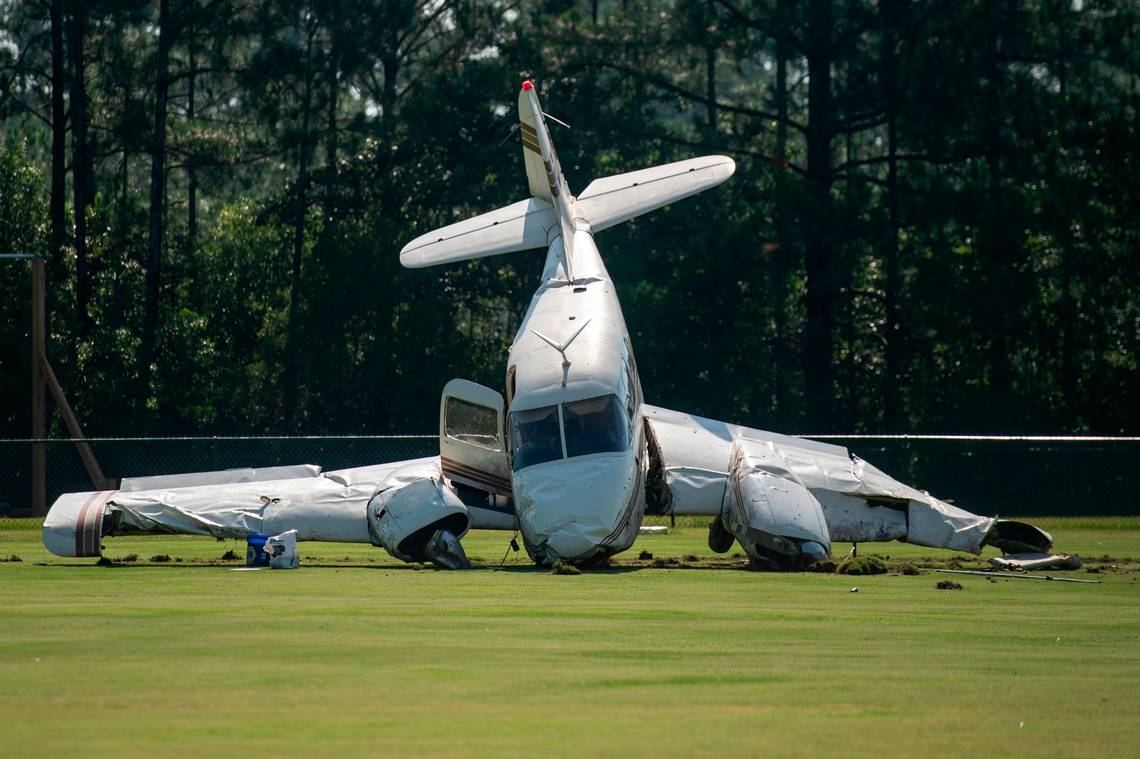Shattered Skies Unveiling the Far-Reaching Impacts of a Plane Crash
A plane crash is an unfortunate event that leaves a profound impact on individuals, families, and communities. Beyond the immediate tragedy, it generates long-lasting effects that permeate various aspects of life. This article delves into the multifaceted consequences of a plane crash, highlighting its emotional toll, economic implications, safety measures, and support systems. By examining these aspects. We can better comprehend the magnitude of the devastation caused by such incidents and work towards preventing them in the future.
The Emotional Fallout: Coping with Loss and Trauma
When a plane crash occurs, the emotional toll on the victims’ families and loved ones is immeasurable. The sudden loss of life brings about immense grief and trauma, as the bereaved navigate through the stages of mourning. The process of healing and recovery requires extensive support from both professional counselors and community networks. Enabling individuals to rebuild their lives in the wake of this tragedy.
Economic Ripples: Analyzing the Financial Consequences
Plane crashes not only have a significant human cost but also impact the global economy. The aviation industry, as well as the affected region, experience substantial financial repercussions. Insurance claims, legal battles, compensation payouts, and the decline in tourism and travel industry all contribute to economic instability. Governments and organizations must address these challenges promptly to restore stability and facilitate economic recovery.
Strengthening Aviation Safety: Lessons Learned from Tragedy
Each plane crash presents an opportunity for introspection and improvement in aviation safety. Investigators analyze the causes, identify lapses in regulations or procedures, and recommend measures to prevent similar incidents in the future. By implementing these lessons, aviation authorities can enhance safety protocols, refine training programs, and develop advanced technologies to minimize the risk of accidents and safeguard passengers’ lives.
Supporting Survivors and Their Families: Rebuilding Lives
For survivors of plane crashes, physical injuries and psychological trauma can leave lasting scars. Adequate medical treatment, rehabilitation, and mental health support are essential in facilitating their recovery process. Additionally, providing financial assistance, legal guidance, and vocational training can help survivors and their families rebuild their lives and find solace in their new realities.
Community Resilience: Coming Together in Times of Tragedy
The aftermath of a plane crash often witnesses a remarkable display of community resilience. Local residents, emergency responders, and volunteers rally together to provide immediate assistance, offer shelter, and extend emotional support to the affected families. This collective strength showcases the power of compassion and solidarity in overcoming adversity and fostering hope for a brighter future.
Conclusion:
The impact of a plane crash reverberates far beyond the initial event. It affects the emotional well-being of individuals, disrupts economies, prompts safety enhancements, and challenges communities to unite. By recognizing and addressing these various facets, we can work towards preventing future tragedies and supporting those affected by such devastating incidents. Only through a comprehensive approach involving improved safety measures, effective support systems, and unwavering resilience can we aspire to make air travel safer and mitigate the devastating consequences of plane crashes.
